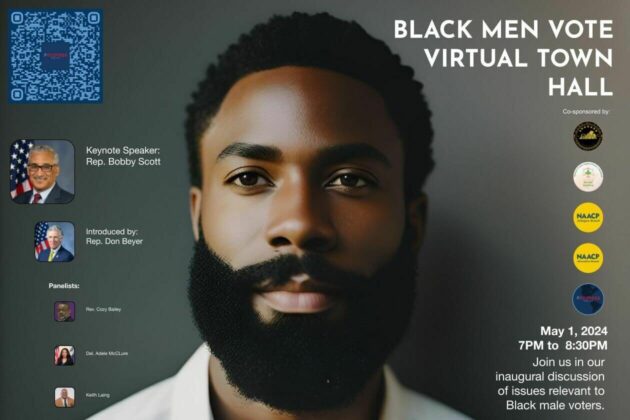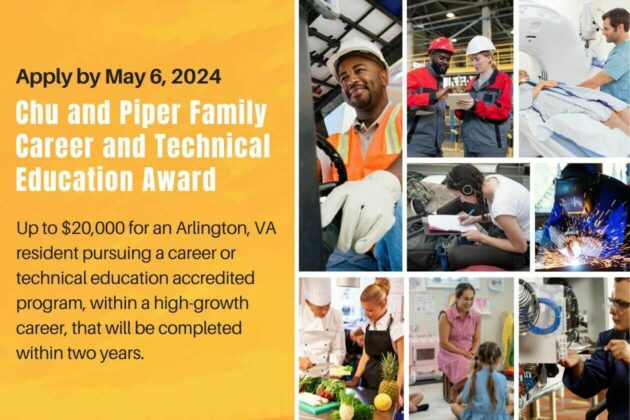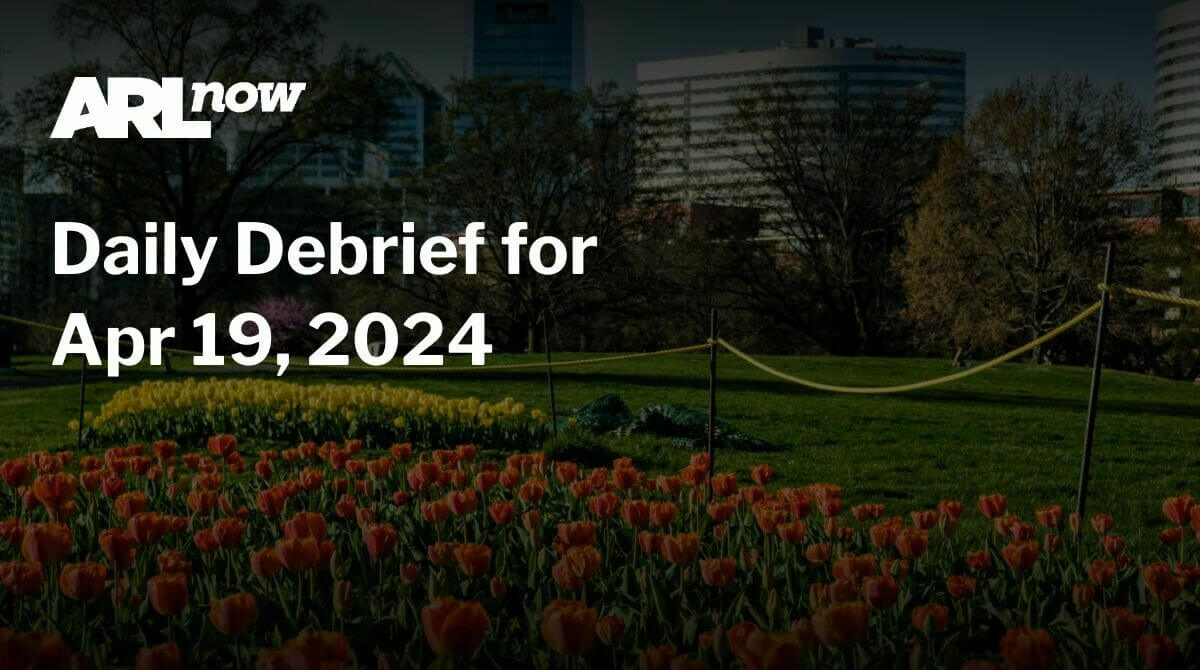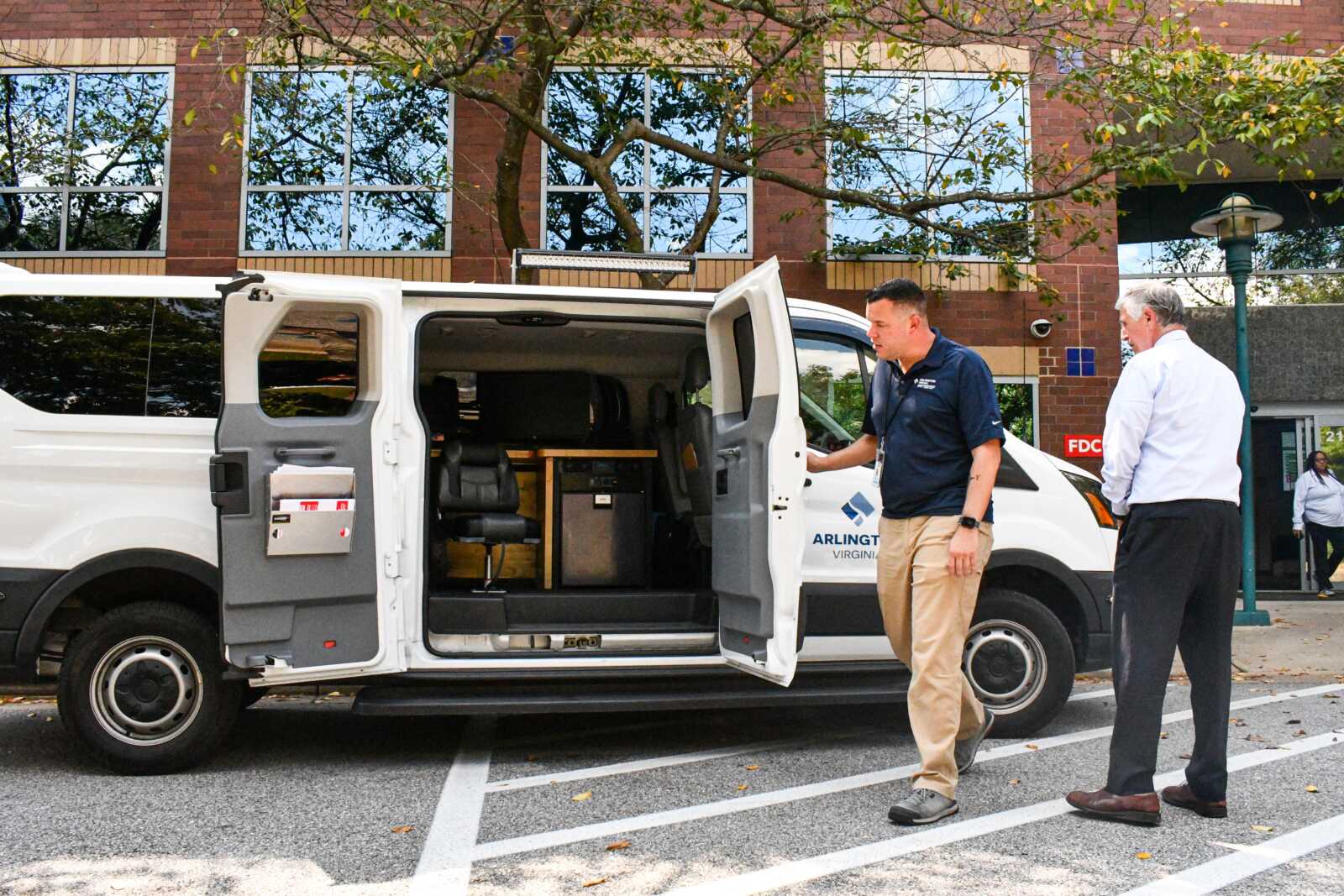Peter’s Take is a weekly opinion column. The views and opinions expressed in this column are those of the author and do not necessarily reflect the views of ARLnow.com.
A recent out-of-court settlement between Virginia and a private-consortium shows that bad things can happen when government fails to understand the risks of public-private partnerships. Under that settlement, Virginia taxpayers will lose over $200 million that the state paid to the private consortium to build a 55-mile highway that was never built.
Virginia’s 1995 public-private transportation law was hailed as a way to enable state and local governments to stretch their tax dollars by entering into partnerships with the private sector to build transportation projects. But, there were significant flaws in the way the 1995 law was designed. Disastrous results often followed when those flaws were combined with the frequent mismatch between the technical and legal expertise available to the private sector (usually superior) compared to the public sector (usually inferior).
The public-private partnership contract to build U.S. Highway 460 was negotiated under the administration of Virginia Governor Bob McDonnell. After Terry McAuliffe became Governor, he asked his top transportation official, Aubrey Layne, to look into this troubled project. Layne described what happened next:
[A]fter he had a chance to get into the nitty-gritty of the contract …, he learned that the risks associated with obtaining a construction permit for the road rested on the state, not the contractor, as he and others on the Commonwealth Transportation Board had been led to believe. That meant, Layne said, that the contract called for [the private partner] to keep getting automatic payments regardless of whether it had the permits to build anything. Moreover…the deal was structured to front-load state payments to the company, with the justification being that doing so would lower borrowing costs and save the commonwealth money. In fact, the arrangement ended up doing the opposite.
Governor McAuliffe has just signed the new public-private partnership transportation law designed to cure the flaws in the old law.
Implications for Arlington
At the end of 2012, with inadequate public notice, Arlington rushed to enact its own local guidelines for public-private transportation partnerships. Those guidelines are now obsolete because they are based on the old law.
Virginia wisely has recognized the many flaws in its old public-private transportation partnership law and procedures. It’s time for Arlington to do the same.
The financial calamity exposed by the U.S. Highway 460 settlement also raises a broader issue. Public-private partnership agreements, whether or not they relate to transportation, often can be complex. Arlington needs to take care that it knows what it’s doing before it signs them. The County Board’s recent directive to the County Manager to explore a public-private partnership to redevelop Ballston Mall challenges the County government to see if it does know what it’s doing.
Recent Stories

For Immediate Release
Progress for All Announces Inaugural Black Men Vote Virtual Town Hall
Date: April 19, 2024
Contact: Marc M. M. Peters

The Award is available to recent high school graduates and non-traditional students (see the application for more details). Each recipient may be awarded up to $20,000. Applicants are required to submit an online application form as well as a short video application.
The applicant must be an Arlington resident pursuing a career or technical education accredited program, within a high-growth career, that will be completed within two years.
The careers and programs include, but are not limited to:
-
Audio, Video, and Sound Engineering Technicians
-
Broadcast Technicians
-
Commercial Drivers
-
Culinary Arts
-
Early Childcare Education
-
Healthcare
-
Information Technology and Computer Science
-
Manufacturing and Skilled Trades (including welding, auto and aviation mechanics and technicians)
-
Public Safety
ACFCU’s Free Homebuying 101 Webinar: Steps to Getting Pre-Approved
Are you ready to jump into homeownership, or have you started considering it but don’t know where to start?
Financial preparation is key when thinking about purchasing your first home and the first step to getting pre-approved. Join ACFCU for
Sweeney Todd
A victim of a gross injustice that robbed him of his wife and child, Sweeney Todd sets about exacting a terrible revenge on society.








